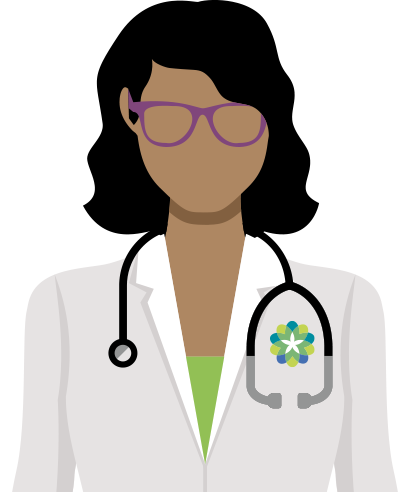|
(WILMINGTON, Del. – October 24, 2024)
Saturday, November 9, is National Lung Cancer Screening Day, and to help raise awareness of this important screening, ChristianaCare recommends that people with a history of smoking should receive a low-dose computed tomography (CT) scan that can detect cancer at an early stage.
Who should get screened in Maryland?
Cecil County has one of Maryland’s highest rates of lung cancer, according to the National Cancer Institute. About 80 county residents are diagnosed with the disease each year.
Early-stage lung cancer often has no symptoms. This means people often find out they have it when it’s harder to treat and more deadly. Screening saves lives—a low-dose CT screening can detect lung cancer in its early stages, when it is much more treatable.
“People who currently smoke or formerly smoked are at higher risk for lung cancer,” said Thomas Schwaab, M.D., the Bank of America Endowed Medical Director of ChristianaCare’s Helen F. Graham Cancer Center & Research Institute. “If anyone is or has been a smoker and meets the eligibility requirements, I urge them to get screened.”
The follow are eligibility requirements for lung cancer screening with low-dose CT scan:
- Be ages 50 to 80 years AND
- Have a history of heavy smoking AND
- Are a current smoker or quit smoking within the last 15 years AND
- Haven’t received a CT scan of the lungs in the past 12 months AND
- Receive a referral from a provider for lung cancer screening with low-dose CT.
Heavy smoking is defined as a smoking history of 20 “pack years” or more. A “pack year” is smoking an average of one pack of cigarettes per day for one year. For example, a person could have a 20 pack-year history by smoking one pack a day for 20 years or two packs a day for 10 years.
Maryland patients need a referral from their primary care or family doctor to get a low-dose CT scan. To schedule a scan with a referral, call 410-392-7050.
Medicare, Medicaid and many private insurance companies cover the full cost of these scans as part of preventive care benefits for qualified individuals. Individuals should contact their insurance provider about their plan’s coverage details.
CT scans are quick, quiet, painless and noninvasive. The scan passes twice over the chest and back, which takes less than 15 minutes. Patients usually will receive the results in one to two weeks from their referring doctor.
 |
|
Need an expert source?
Our Experts, ChristianaCare's expert database, can help you find the right source for your next news story.
Request an interview ➜ |
|
About the Helen F. Graham Cancer Center & Research Institute
The Helen F. Graham Cancer Center & Research Institute, a National Cancer Institute Community Oncology Research Program, is part of the ChristianaCare, one of the country’s most dynamic health systems, centered on improving health outcomes, making high-quality care more accessible and lowering health care costs. With more than 245,000 patient visits last year, the Graham Cancer Center is recognized as a national model for multidisciplinary cancer care and a top enroller in U.S. clinical research trials. In conjunction with the Gene Editing Institute, the Center for Translational Cancer Research, the Tissue Procurement Center, statewide High-Risk Family Cancer Registry and collaborations with world-renowned scientists at facilities such as The Wistar Institute in Philadelphia scientists are opening new avenues to more quickly translate cancer science into cancer medicine. For more information, visit christianacare.org/cancer.
####
|